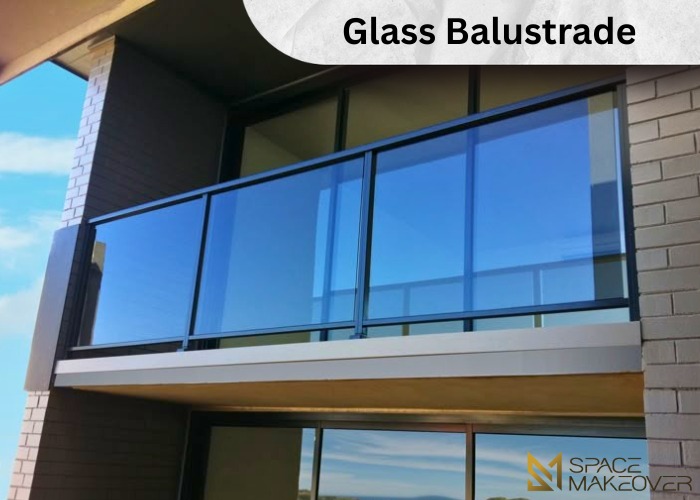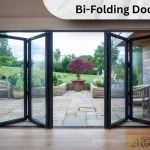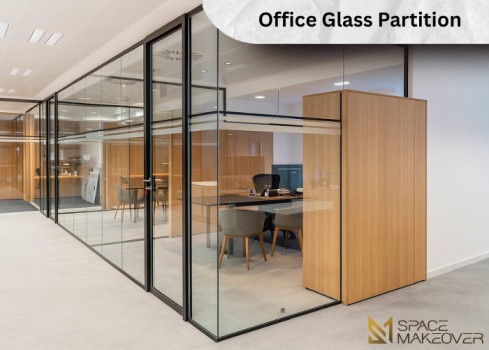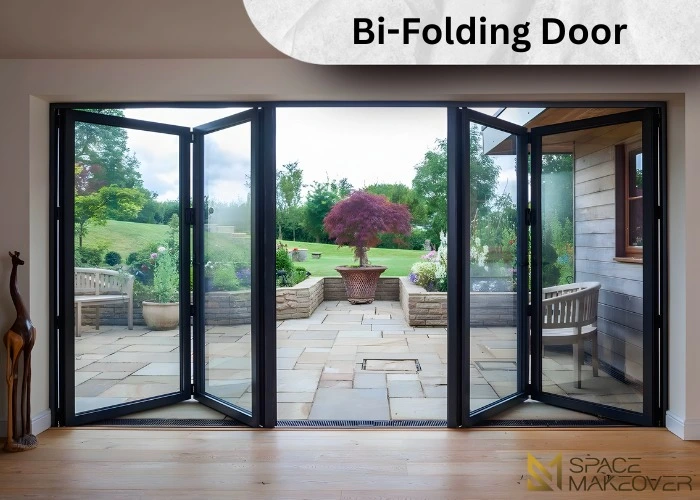How Thick Should Glass Be for a Safe Balustrade?
Table of Contents
- Why does glass thickness matter in balustrades?
- Factors that influence the ideal glass thickness
- Recommended glass thickness for different settings
- Frameless vs. framed glass balustrades
- Safety standards to keep in mind
- Final Thoughts
- FAQs
Glass balustrades are a top choice in contemporary architecture. They add a sleek, elegant appearance to houses, offices, and outdoor living areas. Whether you encounter them on staircases, balconies, or terraces, they never fail to contribute a touch of elegance.
But one essential question always occurs—how thick should glass be to achieve a secure balustrade?
Therefore, selecting the correct glass thickness isn’t all about aesthetics; it’s also about safety and longevity. Proper thickness makes sure the balustrade can endure regular use, pressure, and impacts without cracking or shattering.
If you’re looking to have glass balustrades in Dubai, the following guide will provide information on the correct thickness as well as other safety features to consider before deciding.
Why does glass thickness matter in balustrades?
Glass thickness in a balustrade impacts its safety and strength. Thin glass can be beautiful, but it might not withstand weight or pressure in the long run. However, thick glass has greater support and stability, particularly for heavy traffic.
Glass thickness is important for the following reasons:
- Safety: Thick glass can absorb more impact, lowering the chances of breaking.
- Durability: The correct thickness provides long-lasting performance without bending or breaking.
- Stability: It keeps the whole structure stable, particularly in frameless constructions.
- Compliance: Building regulations tend to demand particular glass thicknesses for safety approval.
Moreover, the correct glass thickness provides peace of mind—it’s safe, sturdy, and durable.
Factors that influence the ideal glass thickness
There is not one thickness that can fit all sorts of balustrades. A number of factors determine how thick your glass needs to be:
Location
Where you’re going to be installing the balustrade really matters.
- Indoor installation (stairs or landings): 10 mm toughened glass is generally sufficient.
- Outdoor installation (balconies or terraces): Needs thicker glass for added strength.
Height and Span
The greater the width and height of the balustrade, the more substantial the glass must be. Bigger panels encounter greater wind pressure and require additional rigidity.
Framing Style
Whether the glass is frameless or framed makes a considerable difference. Frameless systems have only dependency on the glass for support, whereas framed ones are assisted by metal frames.
Foot Traffic
Places with high populations, like malls, offices, or commercial buildings, must always implement thicker glass so that everyone is safe.
Local Regulations
Various regions have unique building codes for glass installations. In some areas, like Dubai, safety requirements for glass buildings are very stringent, ensuring beauty and safety go hand in hand.
Recommended glass thickness for different settings
To make things clear, let’s look at general recommendations for glass thickness based on the setting and purpose.
| Application Type | Recommended Glass Type | Typical Thickness |
| Indoor residential balustrade | Toughened glass | 10mm |
| Outdoor balcony or terrace | Toughened or laminated glass | 15mm – 17.5mm |
| Commercial building balustrade | Laminated toughened glass | 21.5mm |
| Frameless system | Toughened glass | Minimum 15mm |
As a rule, it’s always better to go thicker than thinner if you’re unsure. Furthermore, thicker glass provides better stability and ensures compliance with safety guidelines.
Frameless vs. framed glass balustrades
Let’s take a closer look at how framing influences the glass thickness requirement.
- Framed Balustrades
Framed balustrades have metal railings or posts that give them structural support. Because of this, the glass does not need to be so thick—10mm to 12mm toughened glass will usually suffice. They are used in residential homes, staircases, and small balconies.
- Frameless Balustrades
Frameless designs are elegant and stylish but depend entirely on the glass for stability. For these types of installations, a minimum of 15mm toughened glass is advisable.
In commercial zones or high-rise buildings, 21.5mm laminated toughened glass is safer. The laminated layer gives additional protection—when one sheet is broken, the other holds everything intact.
Therefore, while frameless systems are more contemporary in appearance, they require stronger and thicker glass for ensuring safety.
Safety standards to keep in mind
Safety is not just a matter of opting for thick glass. It’s also about deciding the appropriate glass type and the manner of installation. Here’s what you must always inspect:
- Utilize Toughened or Laminated Glass: These glasses are specially treated to withstand pressure and impacts more effectively.
- Don’t Use Regular Glass: Ordinary glass tends to crack and break easily and isn’t suitable for structural applications.
- Follow the Local Building Regulations: Dubai and other cities have specific building codes for glass installations, particularly for balconies and business projects.
- Use Experts: Get your balustrade installed by professional technicians in every case. Expert glass works in Dubai take care to ensure that each panel is securely fitted, while keeping style and safety intact.
- Periodic Inspections: Even after installation, it’s wise to check your glass balustrades from time to time for cracks or looseness.
Final Thoughts
Selecting the correct glass thickness for your balustrade is a question of balancing aesthetics and safety. An expertly chosen and well-installed glass balustrade doesn’t only improve the appearance of your area — it keeps everyone safe.
Moreover, for most domestic areas, 10mm to 12mm toughened glass will be suitable. For commercial use or frameless systems, 15mm to 21.5mm laminated glass is the safer option.
So the next time you design your installation, consider where and in what way the balustrade will be utilized. Safety must always be the first priority, followed by design and beauty.
If you’re considering Glass Balustrades in Dubai, make sure your supplier follows safety standards and provides professional installation. The correct selection today will make your space safe and stylish for the years ahead.
FAQs
10mm toughened glass is generally best for most domestic balustrade installations.
Yes, laminated glass offers additional safety and strength for external installations.
At least 15mm toughened glass should be employed for frameless systems.
It provides strength, safety, stability, and conformity to local building codes.
Check every six months for cracks, loose fittings, or noticeable damage.
Yes, with 21.5mm laminated glass and correct professional installation procedures.






